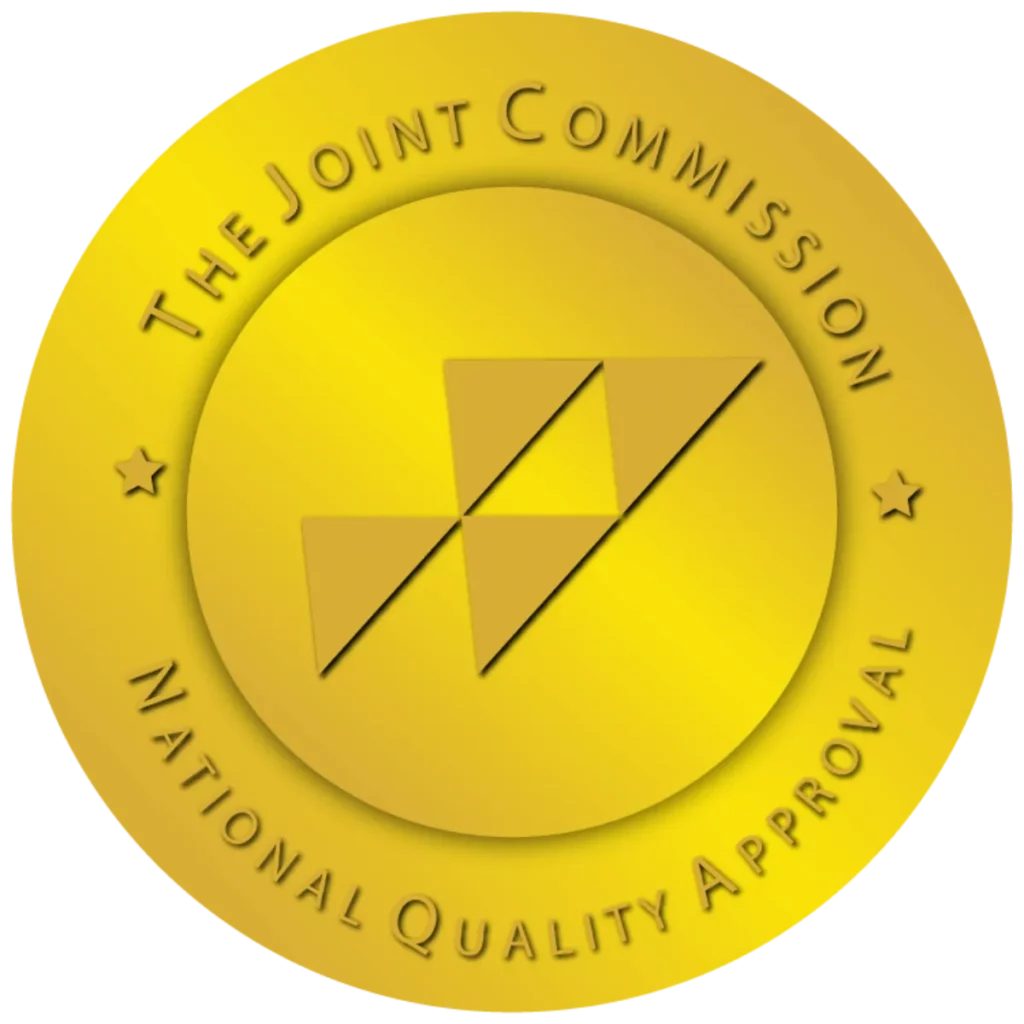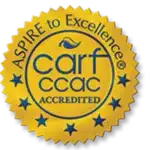One of the biggest obstacles to receiving proper treatment for drug or alcohol abuse is cost. An inpatient program can cost as much as $60,000, depending on the facility and the length of stay. If you don’t have insurance, or if what you have doesn’t cover treatment, here are some things you can do.
First, if you do have insurance that purports to cover substance abuse rehabilitation, document everything. It might be a sign of our litigious times that we need proof of everything, but the fact is that if you have to appeal an insurance decision or go to court over a refusal to pay, it will help to have everything written down. Make sure you have a copy of your insurance plan and a detailed explanation of coverage. If you don’t already have one, call the insurance company and ask for it. Keep medical bills and receipts showing any payments you’ve made beyond what insurance covered. Document accounts of any conversations with insurance representatives by phone, including the agent’s name and the date and time.
If your insurance company denies coverage, you have the right to appeal. You can speak to the company yourself and request that they reconsider. If this isn’t successful, you can request that someone outside the insurance company review your case. Your physician might also speak with the person who made the denial in an effort to convince them that treatment is medically necessary. The next step after the appeal is litigation, although in some cases your state Attorney General’s office may be able to help.
If you don’t have insurance and are looking to purchase some, make sure it covers all the things you’ll need during and after recovery, such as inpatient care, outpatient care, medical detox, coverage for co-occurring mental health conditions, follow-up counseling, and maintenance addiction medication. Insurance available through healthcare.gov must cover pre-existing conditions, including substance abuse and any related mental disorders, and they can’t place monetary limits on how much assistance you receive.
Medicaid and Medicare both cover most aspects of addiction treatment, although some facilities might not accept Medicaid. Medicare is for those older than 65 or who have a severe disability, regardless of income, and Medicaid is available for low-income people, pregnant women and children, and individuals receiving Supplemental Security Income. You can determine your eligibility on their website.
If you have no insurance and aren’t interested in obtaining it, there are still some options. First, if you’re having a medical emergency like an overdose or other life-threatening reaction, go to the emergency room. They’re obligated to help you, and you can figure out finances later. If you’re not facing an immediate crisis, consider a low-cost program run by your county or state. Although these places typically offer fairly short inpatient programs, they do at least have medical doctors and therapists available. You can also find help through 12-step or other program meetings in your area.
If you or a loved one need help to quit drugs or alcohol, consider Asana Recovery. We offer medical detox, along with both residential and outpatient programs, and you’ll be supervised by a highly trained staff of medical professionals, counselors, and therapists. Call us any time at (949) 438-4504.





